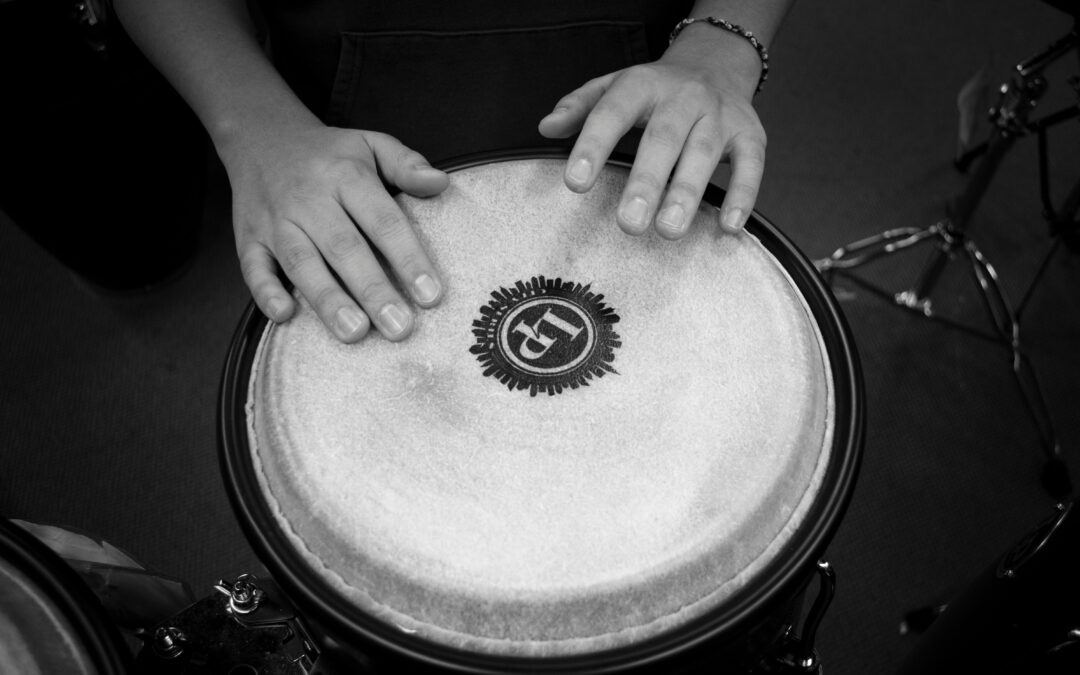When most people think of percussion, they picture a drum kit driving a rock song or the powerful beat of timpani in an orchestra. But percussion is far more than background rhythm; it’s the foundation of nearly every musical style. For musicians of all instruments and skill levels, studying percussion can open up new ways of hearing, feeling, and creating music.
Whether you’re a guitarist, pianist, vocalist, or violinist, adding percussion to your skill set can transform your musicianship in surprising and valuable ways. Here’s how:
1. Builds a Stronger Sense of Rhythm
Every musician relies on rhythm, but percussionists live and breathe it. Learning percussion helps train your internal clock, making it easier to stay in time whether you’re practicing alone or performing with a group.
For non-percussionists, this rhythmic training carries over directly. A guitarist will find chord changes feel smoother, pianists gain better control of phrasing, and singers develop steadier timing. By practicing with percussion, you develop precision and consistency that benefit every note you play.
2. Enhance Coordination and Motor Skills
Percussion instruments demand a unique type of coordination. Drummers, for example, often use all four limbs independently while keeping perfect time. Even simpler percussion instruments, like bongos or shakers, require refined motor control and awareness.
For musicians on other instruments, this training pays off. Pianists often notice improved independence between their hands. String players find that bowing and fingering become more fluid. Singers gain body awareness that enhances breathing and phrasing. Simply put, percussion strengthens the mind-body connection that fuels musical expression.
3. Deepen Musical Versatility
Percussion isn’t just about keeping a beat—it’s about texture, dynamics, and energy. From the subtle shimmer of a cymbal to the driving pulse of a cajón, percussion offers endless ways to shape a song’s character.
When musicians explore percussion, they gain a richer understanding of these nuances. This makes it easier to adapt to different styles and collaborate with other musicians. A violinist who’s learned basic hand percussion, for instance, may bring new rhythmic sensitivity to a folk ensemble. A vocalist who understands percussion dynamics can phrase lyrics more effectively in jazz or pop settings.
4.Strengthen Ear Training and Ensemble Skills
Good percussionists are great listeners. They must merge with the ensemble, anticipating changes and supporting the music without overpowering it. Learning percussion sharpens listening skills in ways that benefit all musicians.
With this training, players of any instrument become more responsive in group settings. They anticipate tempo shifts, listen for subtle cues, and stay connected to the overall groove. This is why so many successful musicians emphasize rhythm and percussion as essential tools for ensemble performance.
At The Music Workshop, we’ve been helping Baltimore musicians grow since 1993, and percussion is one of the most transformative additions to any lesson plan. Ready to expand your musical abilities? Contact us today and discover how percussion can elevate your playing, no matter your instrument.

